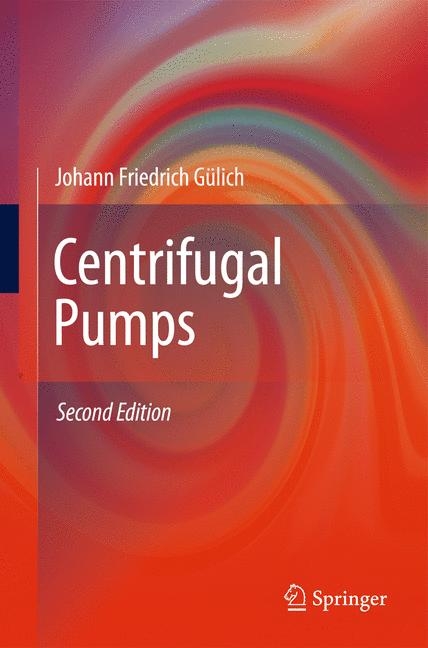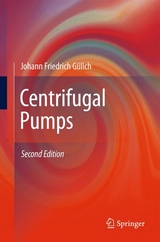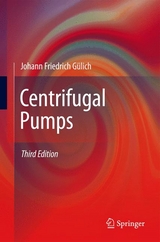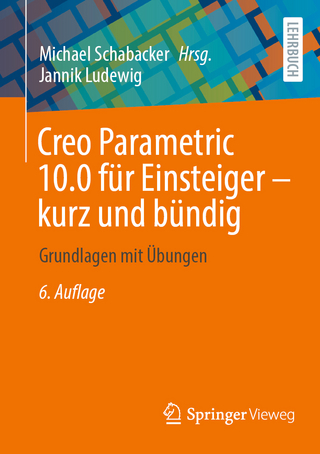Centrifugal Pumps
Springer Berlin (Verlag)
978-3-642-12823-3 (ISBN)
- Titel erscheint in neuer Auflage
- Artikel merken
Dr.-Ing. Johann F. Gülich (1939), MS in Mechanical Engineering from the TU Hannover (Germany), PhD from the TU Darmstadt. Professional carreer: Project engineer in the nuclear power plant division of Siemens, Erlangen, Germany. Since 1966 with Sulzer Winterthur (Switzerland): Starting as development engineer in the nuclear reactor design; for 10 years head of the team “Thermohydraulics” responsible for the thermal and hydraulic design of steam generators and heat exchangers for nuclear power stations; for 23 years head of the team responsible for the hydraulic development of centrifugal pumps, during some years also responsible for the mechanical development group. Since retirement pump consultant. JF Gülich has published numerous contributions and holds several patents on centrifugal pumps and steam generators for nuclear power plants.
Fluid dynamic principles.- Pump types and performance data.- Pump hydraulics and physical concepts.- Performance characteristics.- Partload operation, impact of 3-D flow phenomena performance.- Suction capability and cavitation.- Design of the hydraulic components.- Numerical flow calculations.- Hydraulic forces.- Noise and Vibrations.- Operation of centrifugal pumps.- Turbine operation, general characteristics.- Influence of the medium on performance.- Selection of materials exposed to high flow velocities.- Pump selection and quality considerations.
| Erscheint lt. Verlag | 15.7.2010 |
|---|---|
| Zusatzinfo | XXXIV, 966 p. 448 illus. |
| Verlagsort | Berlin |
| Sprache | englisch |
| Maße | 155 x 235 mm |
| Gewicht | 1518 g |
| Themenwelt | Technik ► Maschinenbau |
| Schlagworte | Cavitation • Fluid Flow • hydraulic design • hydraulic forces • Hydraulics • Kreiselpumpe • Kreiselpumpen • Materials • Material Selection • numerical flow calculations • pump materials • pump selection • quality • Troubleshooting • two-phase flow pumping • vibrations |
| ISBN-10 | 3-642-12823-8 / 3642128238 |
| ISBN-13 | 978-3-642-12823-3 / 9783642128233 |
| Zustand | Neuware |
| Haben Sie eine Frage zum Produkt? |
aus dem Bereich





